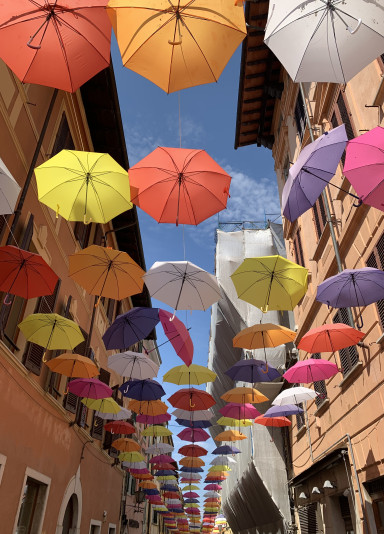

Stephan
Zilkens
,
Zilkens' News Blog 36 2024
In some parts of Germany today, it feels like waking up with a proper hangover. In 1989, the people of the GDR shouted ‘wir sind das Volk’ and achieved the incredible: the Berlin Wall fell and Germany was reunified. Today in Thuringia and Saxony, almost 50% of the almost 75% of those eligible to vote have opted for parties that pursue a different political concept from that of the absolute majority of voters in the old federal states and the parties that have been shaping politics in Berlin to date. Making Berlin the capital after reunification has not helped to promote a common understanding either. If you look at individual districts, you will see that only three parties have crossed the 5% threshold – AfD, BSW and CDU. The rest is silence. AfD and BSW are both anti-business and pro-Russian in their own way. Thanks to the solidarity surcharge that West German taxpayers have been paying for decades, the eastern part of the republic has a significantly better infrastructure, one of the basic requirements for industrial settlements. But that's of no interest – the inferiority complex is so deep that people also vote for parties whose representatives say things like ‘just shut up’ or ‘I hope the companies are really struggling’ about those who create the prosperity in the first place. Open culture falls by the wayside. Nobody wants to hear about the sites of German Classicism or Buchenwald again. 40 years of alleged socialism have changed people so much, even in the generations that followed, that they give their votes to saviours without wanting to see that they are only concerned for their own power. Ultimately, content and the fate of individuals do not matter. The anti-social media – social media are just not social, a happy misunderstanding in the translation into German – contribute massively to the shift in consciousness. Manipulation skills are said to be particularly prevalent in Russia and China. Between 1990 and 1993, I had the opportunity to meet so many great people in the former GDR, with whom we pushed ahead with the development of Nordstern Versicherungen's brokerage sales in the east. And they were entrepreneurial. But there were a lot of third-rate people who were supposedly sent from the west to help develop east German companies, ultimately with the aim of wiping out the companies, which they managed to do in a way that also furthered their careers. The opening balance sheets of the Treuhand (trust agency for privatisation) left the companies heavily in debt because company pension schemes were attributed to them that actually had to be borne by the GDR. This had nothing to do with the performance of the people, but it did have to do with stifling the development of medium-sized businesses - the bill has now been presented.
In actuarial terms, the result has no immediate impact, but it will in the long term, when investments are rescheduled and the associated funds redirected because a lack of diversity endangers the future.
The Düsseldorf/Cologne Open has once again got many people moving and brought them to the galleries. Berlin is now preparing for the Gallery Weekend.
Clear signals from the art market are in short supply. Art Basel is now also serving Tokyo. London is expecting Frieze in October. Otherwise, it is 10 degrees warmer than usual in some parts of Europe. That makes you lethargic. I'm now trying to take a holiday and send warm greetings from the Tuscan coast. It may be that the news blog will be significantly shorter in the next two weeks.
The Zilkens Fine Art team in Solothurn and Cologne is looking forward to your enquiries and sends warm greetings into the new week - stay with us.
automatically translated